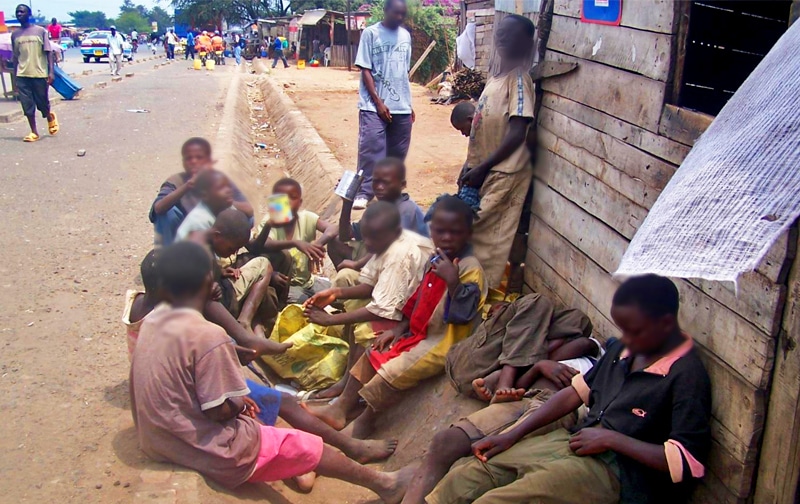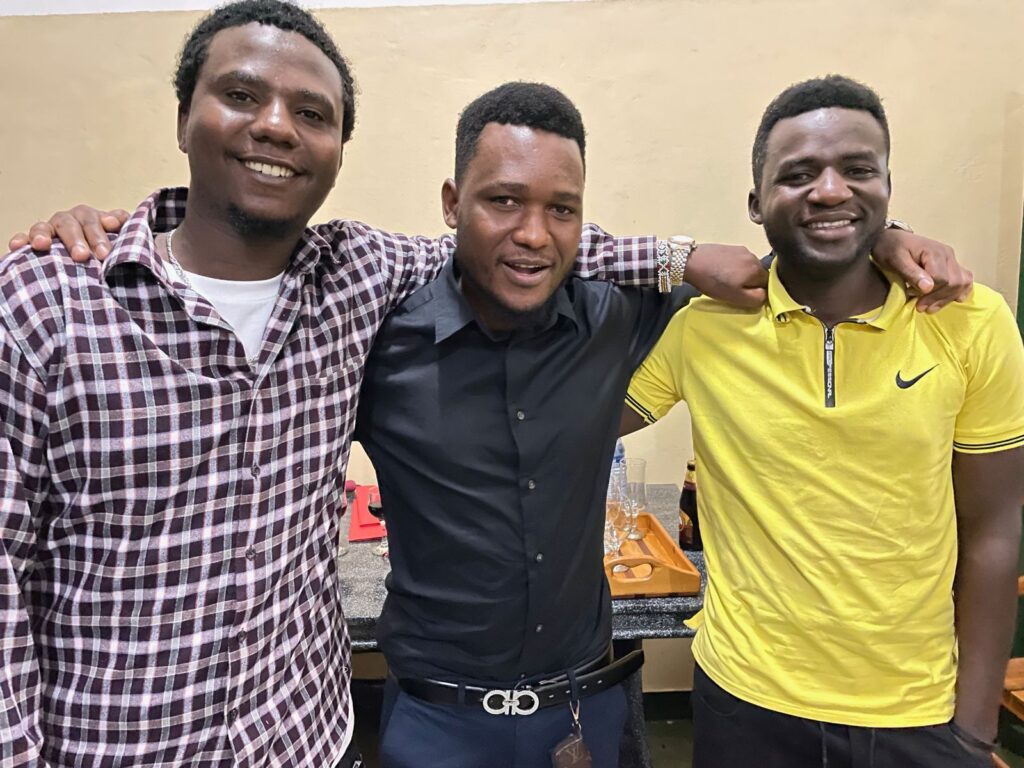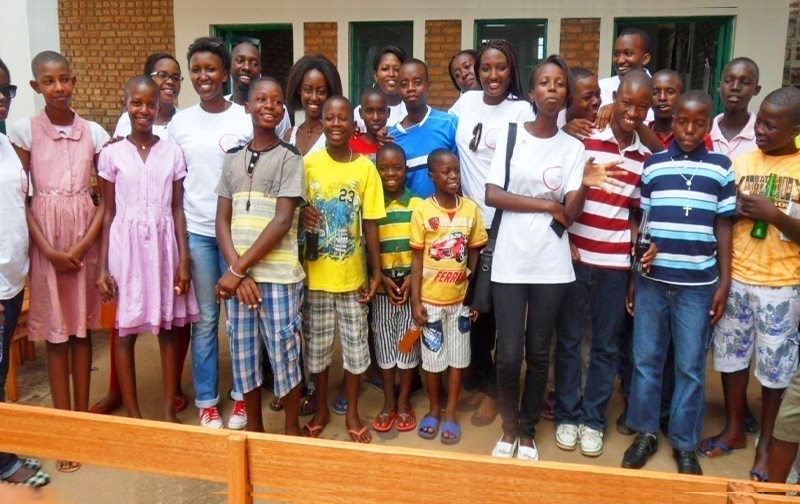Quando você nasceu, provavelmente aconteceu um fato que se repete na vida da maioria das crianças pelo mundo: seus pais escolheram um nome, depois foram até o cartório de registro civil para oficializar seu nascimento. Desse jeito, com poucas horas de vida, você se tornou um cidadão do seu país – ganhou identidade!
Parece um gesto simples, mas, na verdade, nem todas as pessoas passam por esse processo.
Não é incomum, em alguns lugares, encontrar crianças sem documentos, sem um nome registrado e, até mesmo, sem saber quem elas são.
Por que falamos sobre isso hoje?
Hoje, 12 de setembro, a Igreja celebra o Santíssimo Nome de Maria. Isso nos recorda que a Mãe de Deus tinha uma identidade: em hebraico, Miryam.
“E o nome da Virgem era Maria”, registra o evangelista Lucas (1, 27)
Inspirado na vida e no atuar da Mãe de Deus, os Padres de Schoenstatt de Burundi, na África, criaram, há alguns anos, o projeto Girizina, que significa “Tenha um nome”, em Kirundi.

Um projeto para dar nome às crianças vulneráveis
Girizina é um projeto que faz parte da Fundação Mariya Arafasha (Maria Ajuda), em Burundi. Ele é voltado para crianças em situação de rua ou em situação de vulnerabilidade social e está localizado no Monte Sion Gikungu, próximo ao Santuário de Schoenstatt em Bujumbura-Burundi.
O Pe. Claudio Jeria explica: “Tiramos as crianças da rua e as abrigamos no centro de acolhida. Nós as inscrevemos no registro civil, mandamos para a escola (algumas aprendem um ofício) e trabalhamos com suas famílias de origem para reintegrá-las. Depois de pelo menos três anos, as crianças voltam para suas famílias e comunidades de acolhimento, onde continuam a receber assistência do projeto”.
Desde 2007, foi construída uma casa no local, que serve de alojamento para as crianças e escritórios do projeto.
A história de quem ganhou um nome e hoje transforma a sociedade

Zenobe Izonderera ingressou na Fundação aos 10 anos de idade e hoje está com 30 anos. Ele viveu no centro de acolhimento por seis anos e, após esse tempo, foi reintegrado à sua família de origem (com sua tia, pois havia perdido os pais). Ele é originário de Kayanza (norte do Burundi).
A Fundação Mariya Arafasha o ajudou durante toda a sua jornada escolar, até a universidade. Ele se formou em Jornalismo e Comunicação e atualmente trabalha em uma estação de rádio comunitária em Bujumbura, como apresentador de música e concertos. Em novembro de 2024, se casará com sua noiva. Como a dele, há várias histórias de vidas tocadas pelo projeto.
Muitas crianças não têm nome
O Pe. Claudio Jeria conta que “as crianças de rua geralmente não têm nome ou têm os nomes escolhidos na rua”. Por isso: “Devolvemos a elas a dignidade que perderam na rua por meio de práticas ruins (como drogas, devassidão, excesso de bebidas alcoólicas, roubos…). Pois, ter um nome é um símbolo de ter dignidade”.
Atualmente quem trabalha no Projeto Girizina é o diretor da casa, um psicólogo que coordena as atividades, um grupo de cinco psicólogos voluntários, que ouvem e orientam as crianças, e uma mãe educadora que também cozinha e faz as compras.

Além disso, eles cuidam do aspecto espiritual, como conta o Pe. Claudio: “Também damos prioridade à educação religiosa (leitura da Palavra de Deus todas as noites antes das refeições, participação na missa, especialmente aos domingos, preparação para os sacramentos para aqueles que desejam recebê-los, etc.). Esse aspecto religioso contribui muito para ajudar as crianças a superar traumas”.
Até 2024, pelo menos 1.500 crianças de rua foram atendidas. Quem deseja conhecer mais sobre o Projeto Girizina e toda a Fundação Mariya Arafasha pode acessar o site: mariya-arafasha.org
